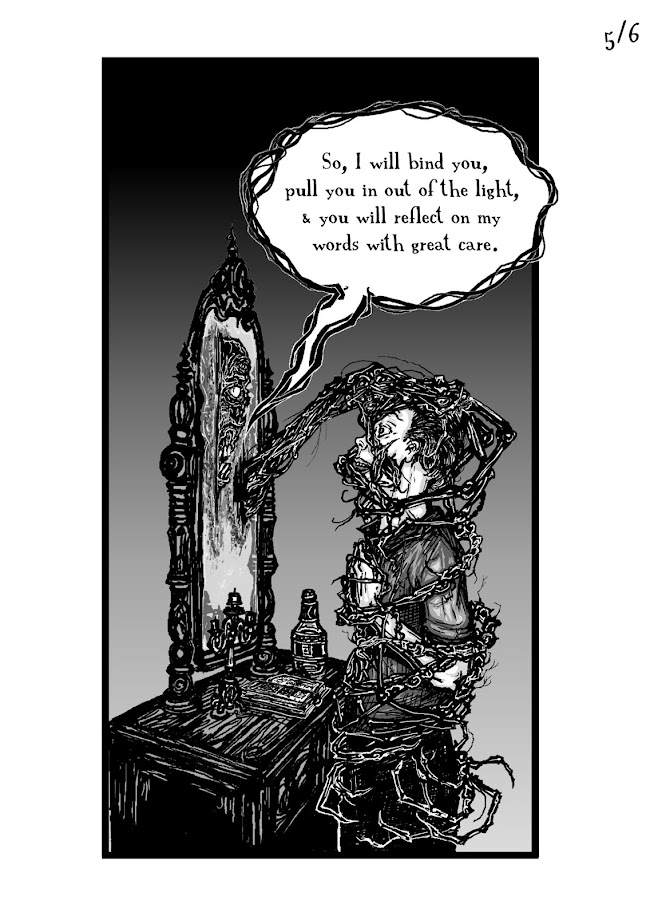ON THE SEVENTH NIGHT OF HALLOWEEN … I watched Deathdream (1974), a Vietnam War-era take on “The Monkey’s Paw.”
A young soldier is shot in the jungle. As he loses consciousness, he hears his mother’s voice calling out for him to honor his promise to return home. Back in the US, this mother falls into a fugue state of denial after learning of her son’s death. She repeats her prayer for his return over and over, like a necromantic incantation. Later that night, he does return, but all is not well. He must kill others and inject their blood into his arm to keep himself from rotting. For he did die in Vietnam, and according to him, others must pay for his sacrifice.
The symbolism of this movie is obvious but powerful: many parents prayed for their sons’ return from Vietnam, only to find that when they did, they were dead inside—or they were addicted to heroin. Unlike the original “Monkey’s Paw,” where the mangled condition of the resurrected son is what causes his parents to regret their wish for his return, here the parents’ regret is given plenty of time to set in. The son looks normal, if a little pale; it’s just that he acts so cold. But the parents are sure this will wear off with time. The dawning psychological horror of the impact of bringing a senseless war home, in the form of walking death that wears human flesh, is what makes this a worthwhile development of “Monkey’s Paw.” (Here, one can certainly draw comparisons to Stephen King’s later Pet Sematary, though King was able to add his own further brilliant development to the fable by making the act required for resurrection so involved and by not only not revoking it but repeating it, despite the horrific consequences that the grieving parent knows firsthand will come.)
Bob Clark would go on to direct the seminal slasher Black Christmas the same year, before abandoning horror entirely for comedies, including Porky’s and A Christmas Story (as well as, regrettably, Baby Geniuses). He always manages to infuse a lot of charm into his movies through his bit characters, which here include a sassy diner waitress, a hungry mailman, and an obnoxious deputy. Also, I think it was pretty daring to make such a direct statement about the psychological fallout of the war before it had even ended. This kind of strong and clear leftwing message has only ever really made it through to large American audiences in low budget independent horror and sci fi flicks.

































